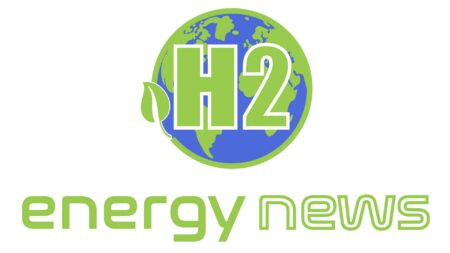Alparslan Bayraktar, the Turkish Deputy Energy Minister, recently attended the ninth Berlin Energy Transition Dialogue, where he announced Turkey’s detailed plan to reduce its CO2 emissions by 2053.
Browsing: Politics
China’s National Energy Administration Administrator, Zhang Jinhua, recently paid a visit to Namibian President Hage Geingob to establish cooperation in the production of green hydrogen. Namibia hopes to become a leading producer of green hydrogen to attract investment from global renewable energy leader China.
Herman Halushchenko, the Ukrainian minister of energy, met separately with Jörg Kukis, the state secretary of Germany’s office of the federal chancellor, while in Berlin on business.
A project worth a total of 19.6 million euros, which will completely utilise the 17.5 million PNR resources Tuscany was asked to allocate for this reason on the regional territory (at the national level, they are worth 450 million euros).
In Saxony-Anhalt, discussions between the federal states’ energy ministers took place. Their objective is to encourage the growth of the hydrogen economy. Willingmann, the conference’s chairman, predicts that we “won’t ever be able to totally dispense with energy imports.”
In order to simplify the integration of renewable and low-carbon gases into the EU gas market, the energy ministers of the EU came to an agreement on Tuesday to develop the market for “low-carbon” hydrogen, such as that produced by nuclear energy.
China and Egypt are attempting to strengthen their commercial and business ties in a number of sectors of shared interest, including clean energy and green hydrogen.
Jörg Kukies, State Secretary at the Federal Chancellery, stated in Paris that Germany would not reject nuclear energy but rather acknowledge its role in attaining the EU’s climate goals. Also, they won’t object to using nuclear power to produce hydrogen.
The German government had recommended a business relationship for the selling of green hydrogen to the European nation, according to the Minister of Mines and Energy, Alexandre Silveira.
A “net-zero emissions by 2050” scenario, like that described in the International Energy Agency (IEA) roadmap, calls for an unprecedented development of renewable energies, with increasing electrification of uses, increased energy efficiency, and smart energy grids, the development of nuclear power, the massive development of hydrogen as a carbon-free energy and chemical carrier, and the various methods for capturing carbon or offsetting its emissions in other ways.



